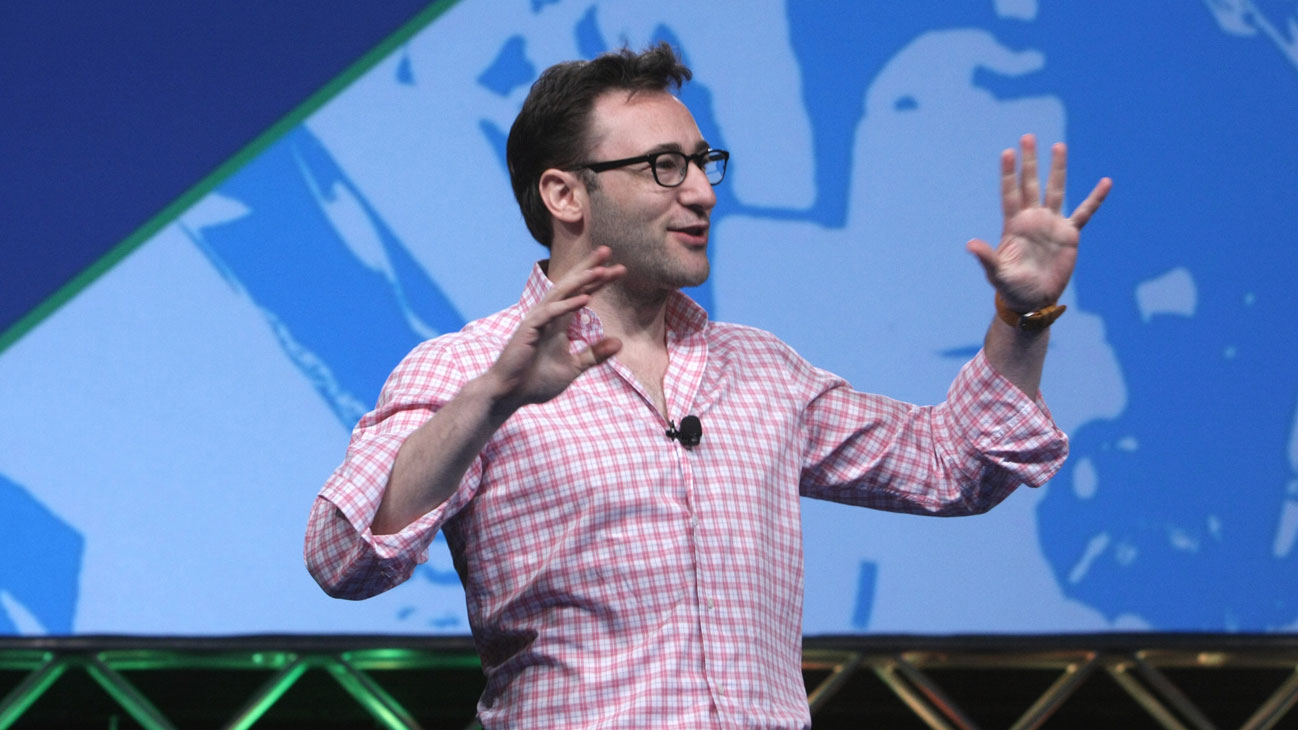Renowned leadership expert and the author of the bestselling book Start With Why, Simon Sinek teaches leaders and organizations how to inspire people. Simon reflects below on the recent death of Nelson Mandela, and what Mandela’s loss means not only to South Africa, but to the world:
With the loss of Nelson Mandela, not only did we lose a great man, but we also lost one of the great modern examples of what leadership looks like. Though we may debate who in the world is a good leader, Mandela is universally regarded as a great one. He certainly has his share of detractors, but their criticisms prove only that he was undeniably human. His imperfections by no means detract from what he represented as a leader, chief of which was his capacity for personal sacrifice.
Leadership is a service. And service comes with sacrifice. The sacrifices one person is willing to make for the good of others can take many forms. The giving of one’s time and energy is certainly a sacrifice. Unlike money, time and energy are nonredeemable. Once we spend it, there is no getting it back.
The willingness to sacrifice one’s own interests or comfort, so that others may advance or be protected, is another example. Like a parent who feeds their child before themselves, the willingness to put the interests of others first is a sure sign of leadership. But perhaps the single most powerful sacrifice, the one sacrifice that is core to all great leaders, is the willingness to sacrifice their authority.
In physics, power is defined as the transfer of energy. In a light bulb, for example, electricity is transferred into light and heat. A 100-watt light bulb is more powerful than a 60-watt light bulb because there is more energy transferred. The same is true in leadership. It is a leader’s ability to transfer their authority to others that actually gives them their power.
In a command and control structure, authority is hoarded at the top. This may be good for the short term and it may be good for the few people in key positions, but ultimately the organization will suffer in time. When authority is kept at the top, it is more likely that factions will emerge and compete for favor rather than work together for the good of the whole. In contrast, a leader that distributes their authority empowers their people to take responsibility to advance the group’s interests. In organizations like these, information is shared, mistakes aren’t hidden and innovation thrives. When our leaders give us the authority to make decisions, we feel inspired to make our own sacrifices to see their vision advanced.
Nelson Mandela, when elected president of South Africa, chose to serve only one term. Instead of trying to stay in power as long as possible, he decided that, for the post-apartheid South Africa to succeed, it would be best if he transfer his authority sooner than he had to. Unfortunately, a good too many of our leaders today look more like hoarders of authority, a strategy that is usually better for the individual in the leadership position than the people who want to be led.
Our politicians fight to win, to keep themselves and their respective parties in power. They seem to spend more time working to consolidate power instead of sharing it to get things done. Despite what they say, these are not the actions of those in service, those willing to sacrifice their personal ambitions for the greater good. Mandela, Dr. Martin Luther King Jr. and Gandhi all went to jail instead of abandoning their beliefs. Our politicians seem more keen to abandon their beliefs to stay in office.
There are few good examples of great leadership in business today either. With the rise in popularity of layoffs as a first choice option to balance the books, a strategy that only started to gain popularity in the 1980s, it seems a good too many leaders of companies today would sooner sacrifice their people to save the numbers than sacrifice the numbers to save their people. That’s like getting rid of one of your children to protect the car payments. No sacrifice. No service. No leaders.
With Nelson Mandela gone, the bench is looking mighty thin. There are few leaders in big business or in politics today who seem to exist on a level higher than their office. Few are willing to sacrifice their ambitions or their interests for the good of the group. Which is why so few are able to command the love of their people. Which, as it turns out, is what gives all the great leaders all their power. And with power, great leaders do great things.

